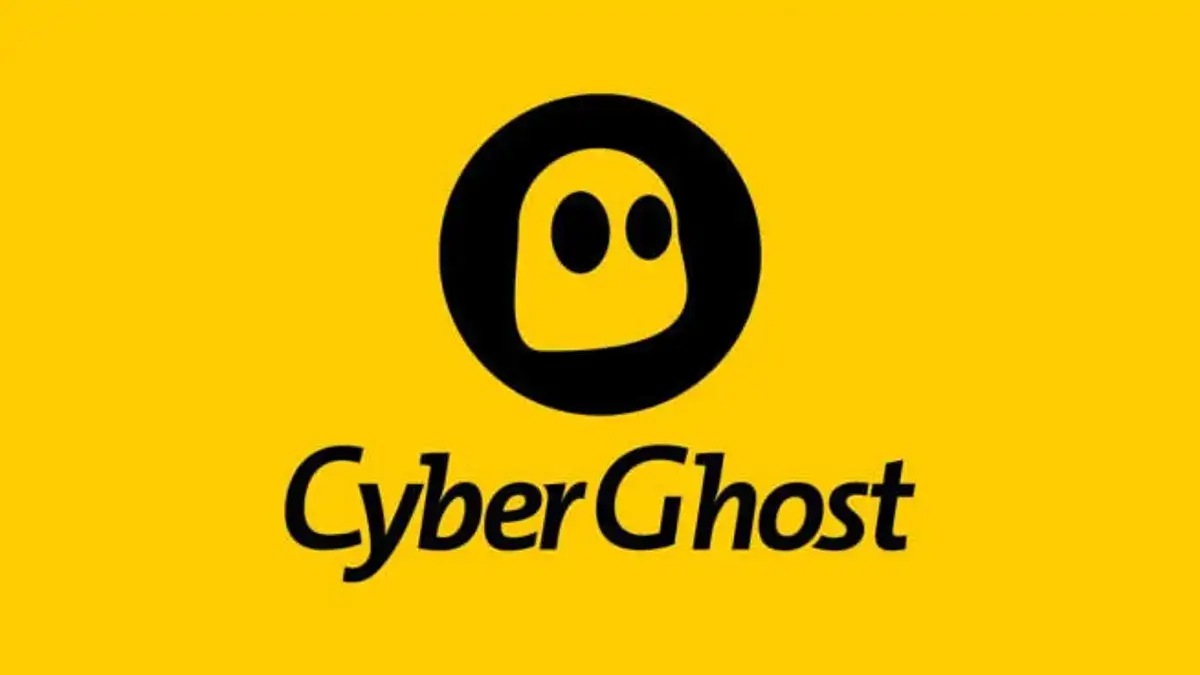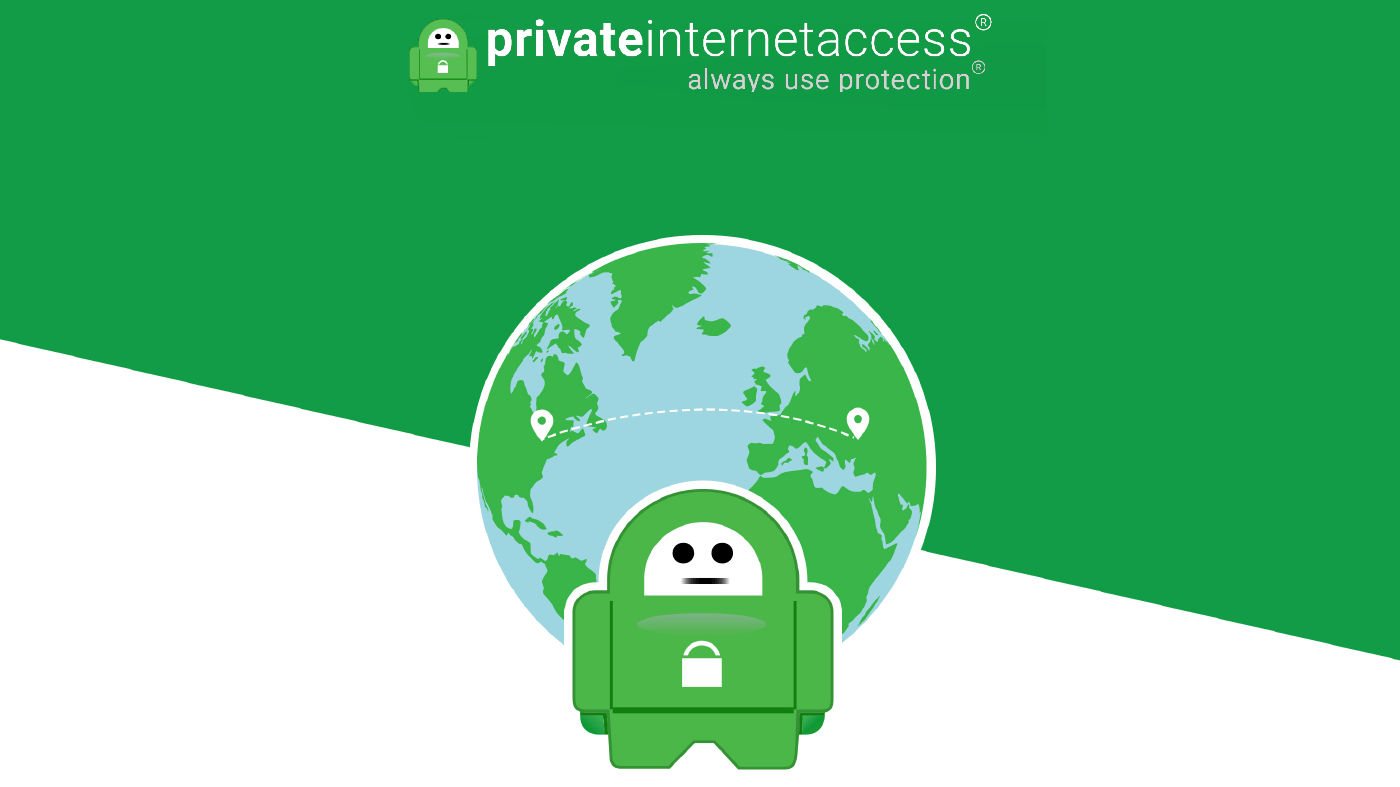Tag: AS18345
-

CyberGhost VPN
CyberGhost VPN was founded in 2011 in Bucharest, Romania, and initially began as a free VPN service. By the following year, it had gathered around 1.7 million users. In 2017, a notable change occurred when Kape Technologies (then known as Crossrider) acquired CyberGhost VPN. This acquisition brought about concerns among observers due to Crossrider’s background…
-

Private Internet Access
Table of Contents Privacy Policy Terms of Service Log Policy Torrenting Use of virtual servers ASN Diversity Private Internet Access (commonly known as PIA) is a capable VPN provider, now owned by Kape, which also owns CyberGhost, ZenMate and ExpressVPN. PIA has servers available in just about every single state in America, which is great…

